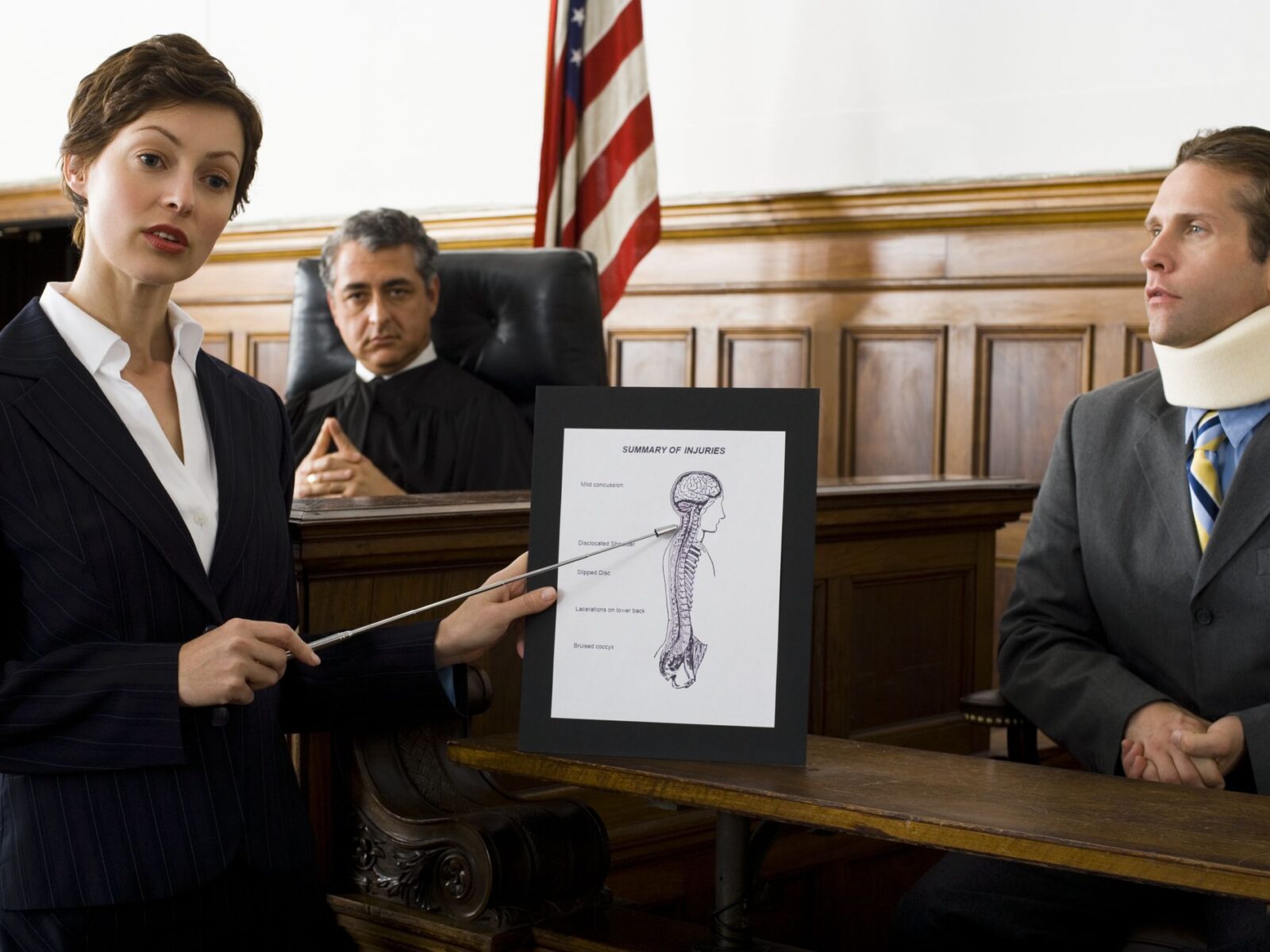
Personal accidents or injuries are those sustained due to another person’s negligence or wrongdoing. By law, the injured or affected victim may be able to seek redress for their losses if an injury claim is filed. However, insurance companies consider these claims as losses to their pocket and will take adequate steps to minimize or eliminate them. On the other hand, injury victims have a duty to ensure their claim is well presented, thus necessitating a personal injury attorney from a reputable firm such as Hale Law in Sarasota.
As with many personal injury claims, having an experienced attorney on board is a wise decision. The attorney has the knowledge and experience required to walk the injury victim through such cases and can also improve their chances of recovering the losses suffered.
If you or a loved one has been injured in a car, pedestrian, or other personal injury accident, chances are high that you may be eligible to file an insurance claim. Find out more information below if you’re unsure whether you need a personal injury lawyer.
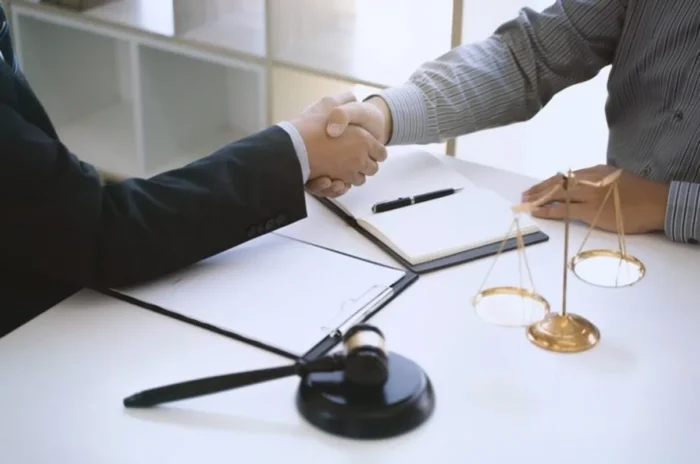
What does a Personal Injury Lawyer Do?
Personal injury lawyers are trained legal practitioners who represent injury victims. These lawyers work in tort law, which often involves representing victims of negligent or intentional acts. Primarily, personal injury lawyers pursue monetary recompense for their injured clients.
Using the knowledge and experience gained over the years in their specific practice area, personal injury lawyers do the following
Provide Legal Advice
One of the core functions of a personal injury lawyer is to provide legal advice to accident victims looking to pursue a personal injury claim. These lawyers use their knowledge and experience to analyze injury cases and narratives carefully. They advise clients based on their case’s facts and ensure that their injury claim if any, remains valid.
Most personal injury lawyers now offer free legal consultation services to accident victims. With this free service, they are able to guide injury victims aright and help them avoid common errors that could jeopardize their insurance claims and chances.
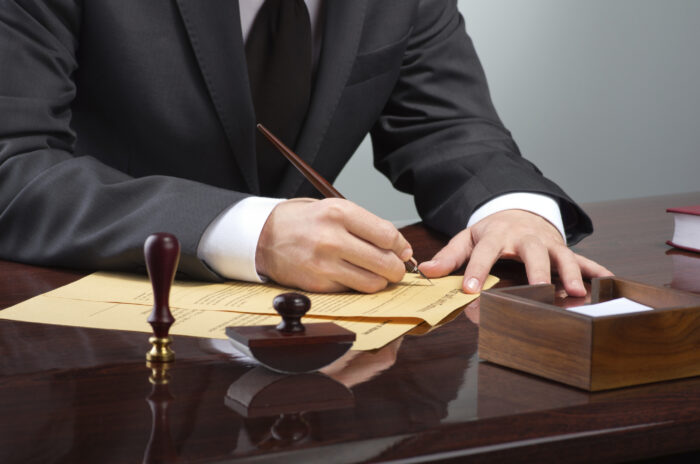
Investigate Claims
As you can imagine, not all injury cases may be valid for a personal injury claim. Personal injury lawyer uses their knowledge and experience to help clients determine whether they have a valid claim or not. The lawyer may offer legal advice to clients with claims to pursue while explaining the elements of a personal injury claim to those without valid claims.
Determining whether a client has a claim to file is easy. The attorney considers their case and checks for the three elements of personal injury, which include;
- The duty of care
- A breach of duty of care
- That a party with the duty of care directly or indirectly caused injuries
Gather Evidence
Investigation and evidence gathering are two important steps in any personal injury claim. He understands that the more evidence gathered, the better the chances of winning the case. They work closely with relevant parties, including the authorities, independent investigators, expert witnesses, etc., to gather relevant evidence to support the claim.
As part of the evidence gathered, the injured victim can provide police reports from the accident scene, pictures and videos of the accident, proof of property damage, medical records showing the injuries sustained, etc.
He may also go the extra mile to ensure that solid evidence is gathered to prove the accident, the at-fault party, the injury sustained, and losses incurred. The evidence presented forms the foundation of the demand letter, which will contain the expected amount to make the injury victim whole.

Negotiate with Insurance Companies
Negotiation is one of the most important skills a personal injury lawyer brings to the table. After assessing the client’s injury and losses, he calculates the total losses suffered and makes a monetary demand. In most cases, the at-fault party’s insurer may propose a negotiation meeting to sort the demand.
The negotiation meeting allows both parties to weigh their options and consider a possible middle ground.
The negotiation can end in one of two ways; with the lawyer and injured party accepting or rejecting the proposed middle ground. If the proposed amount is deemed enough, the offer is accepted, and the case is finalized. If the amount is deemed too small, the injury lawyer withdraws from the negotiation table and begins preparing for a court trial.
Trial Preparation
Many personal injury claims are settled out of court and on the negotiation table. However, there are many cases wherein the insurance company and victim may not agree on a favourable term. This disagreement can push the case further to trial.
During the trial, both parties are expected to prepare their case, present their argument, support with evidence, and await the jury and judge’s final verdict. A personal injury lawyer goes through these steps to ensure their client is well-represented and awarded the correct amount for their losses.
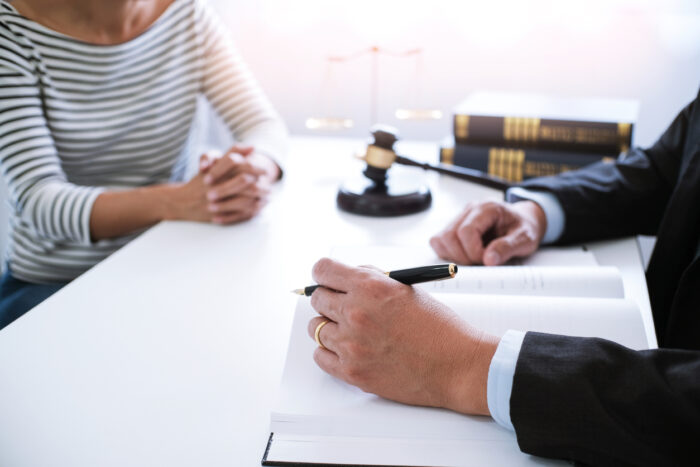
Why Hire a Personal Injury Lawyer?
Having understood what a personal injury lawyer does, you may wonder why you need one. Here are some reasons to know;
They know your injury claim’s worth
Victims without prior knowledge are likely to not understand what their case is worth. However, a personal injury lawyer can carefully look through a case and determine what it is worth based on the losses incurred by the victim.
They understand the legal process
Personal injury lawyers understand the steps to take from initial consultation through to the end of the case. They can significantly lower your stress by handling the legal aspect while you recuperate.
By hiring an injury lawyer, you won’t have to worry about gathering evidence, speaking to witnesses, hiring an expert witness, or keeping up with documents and their filing dates. You also get to enjoy experienced legal representation at each stage of the process.
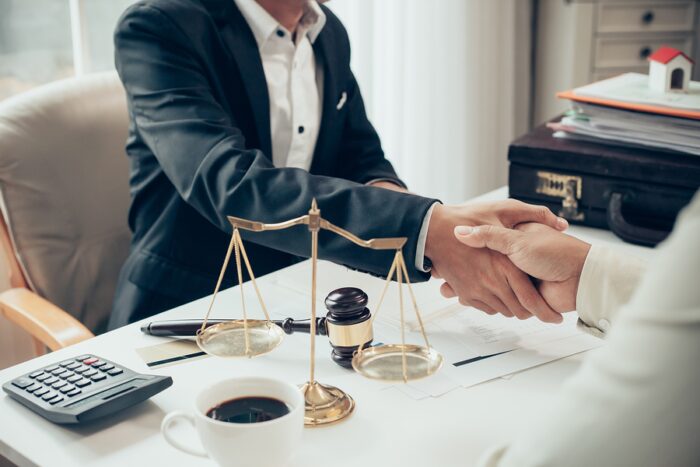
They can improve your odds
Injury lawyers can break your case down into the smallest bits, design a legal strategy, and go toe-to-toe with insurance companies to demand your rights.
They help with negotiation and trial
Personal cases end in one of two ways; on the negotiation table or in court during the trial proceeding. Your personal lawyer can help on both sides. They can effectively negotiate a fair sum or take the case to trial for a better chance of recouping your losses.
















